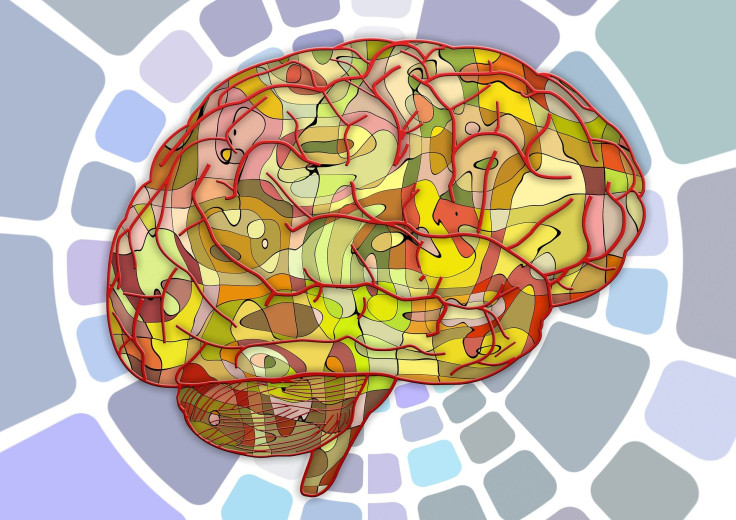The Biggest Misconceptions About Human Memory: From False To ‘Photographic’ Memories

Contrary to popular belief, memory isn’t photographic — nor is it like a video camera, which documents past events with detailed accuracy and maintains that accuracy forever. There are plenty of misconceptions about human memory mainly because it’s an incredibly complex aspect of our brain and it’s always changing.
A new Mental Floss video shows us the biggest misconceptions about memory as well as how memory biases can alter the state of memories. As Elliott, the video’s narrator, notes, “people commonly misremember events, or even remember events that never happened at all.”
The video starts out by busting the myth that memories are typically accurate. It turns out that memories are influenced and molded by emotions and thoughts, and every time we bring them up they’re changed by our current state of mind. In fact, recalling something over and over again is more likely to cause it to change. “Every time we tell a story about a monumental day, our memories might pick up new emotions and feelings which can easily change a memory,” Elliott states.
That’s backed up by a 1988 study conducted by Ulric Neisser, a cognitive psychologist and professor at Emory University, who handed out a questionnaire to his students the day after the Space Shuttle Challenger explosion, which was covered widely in the news. The survey asked the students to report where they were when they heard the shocking news, who they were with, and what they were doing. He followed up nearly two years later to ask the same questions — and many of the students responded with answers that contradicted their original memories.
This notion can also be attributed to crime scenes and eyewitness accounts, especially if an eyewitness is particularly confident. Being confident in your memories doesn’t always mean the memories are accurate, the video states, and memory inaccuracies are some of the reasons why many convictions have been overturned — and crimes revisited — in recent years.
Then there’s repressed memories — something we may encounter a lot in books and movies. Despite the fact that the media popularizes the idea of repressed memories, it remains controversial in psychology — and many studies have concluded that if someone has experienced trauma in their childhood or early lives, they’re very unlikely to repress or forget it.
Meanwhile, false memories are actually a real phenomenon and it’s possible we all experienced them. Research has shown that psychologists can “implant” false memories in people’s brains simply by asking leading questions.
Memory is complicated — there are so many things that influence and alter it (like sleep, misinformation, lifestyle, and emotions). While we may not have complete control over some external factors that impact our memories, we do have the ability to improve our working memory in several ways: by staying social, active, mindful, and de-stressed.



























